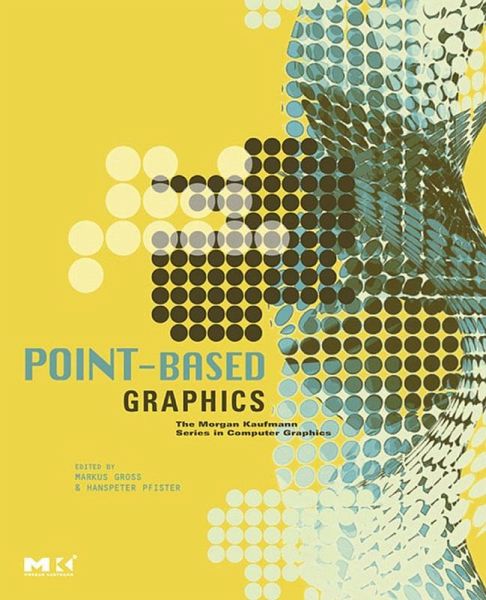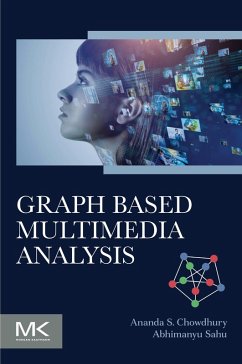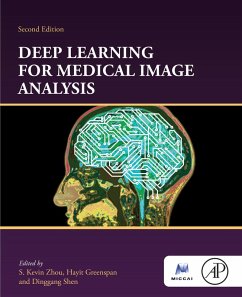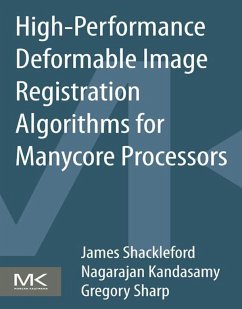
Point-Based Graphics (eBook, ePUB)
Versandkostenfrei!
Sofort per Download lieferbar
52,95 €
inkl. MwSt.
Weitere Ausgaben:

PAYBACK Punkte
26 °P sammeln!
The polygon-mesh approach to 3D modeling was a huge advance, but today its limitations are clear. Longer render times for increasingly complex images effectively cap image complexity, or else stretch budgets and schedules to the breaking point. Comprised of contributions from leaders in the development and application of this technology, Point-Based Graphics examines it from all angles, beginning with the way in which the latest photographic and scanning devices have enabled modeling based on true geometry, rather than appearance. From there, it's on to the methods themselves. Even though poin...
The polygon-mesh approach to 3D modeling was a huge advance, but today its limitations are clear. Longer render times for increasingly complex images effectively cap image complexity, or else stretch budgets and schedules to the breaking point. Comprised of contributions from leaders in the development and application of this technology, Point-Based Graphics examines it from all angles, beginning with the way in which the latest photographic and scanning devices have enabled modeling based on true geometry, rather than appearance. From there, it's on to the methods themselves. Even though point-based graphics is in its infancy, practitioners have already established many effective, economical techniques for achieving all the major effects associated with traditional 3D Modeling and rendering. You'll learn to apply these techniques, and you'll also learn how to create your own. The final chapter demonstrates how to do this using Pointshop3D, an open-source tool for developing new point-based algorithms. - The first book on a major development in computer graphics by the pioneers in the field - Shows how 3D images can be manipulated as easily as 2D images are with Photoshop
Dieser Download kann aus rechtlichen Gründen nur mit Rechnungsadresse in A, B, BG, CY, CZ, D, DK, EW, E, FIN, F, GR, HR, H, IRL, I, LT, L, LR, M, NL, PL, P, R, S, SLO, SK ausgeliefert werden.












